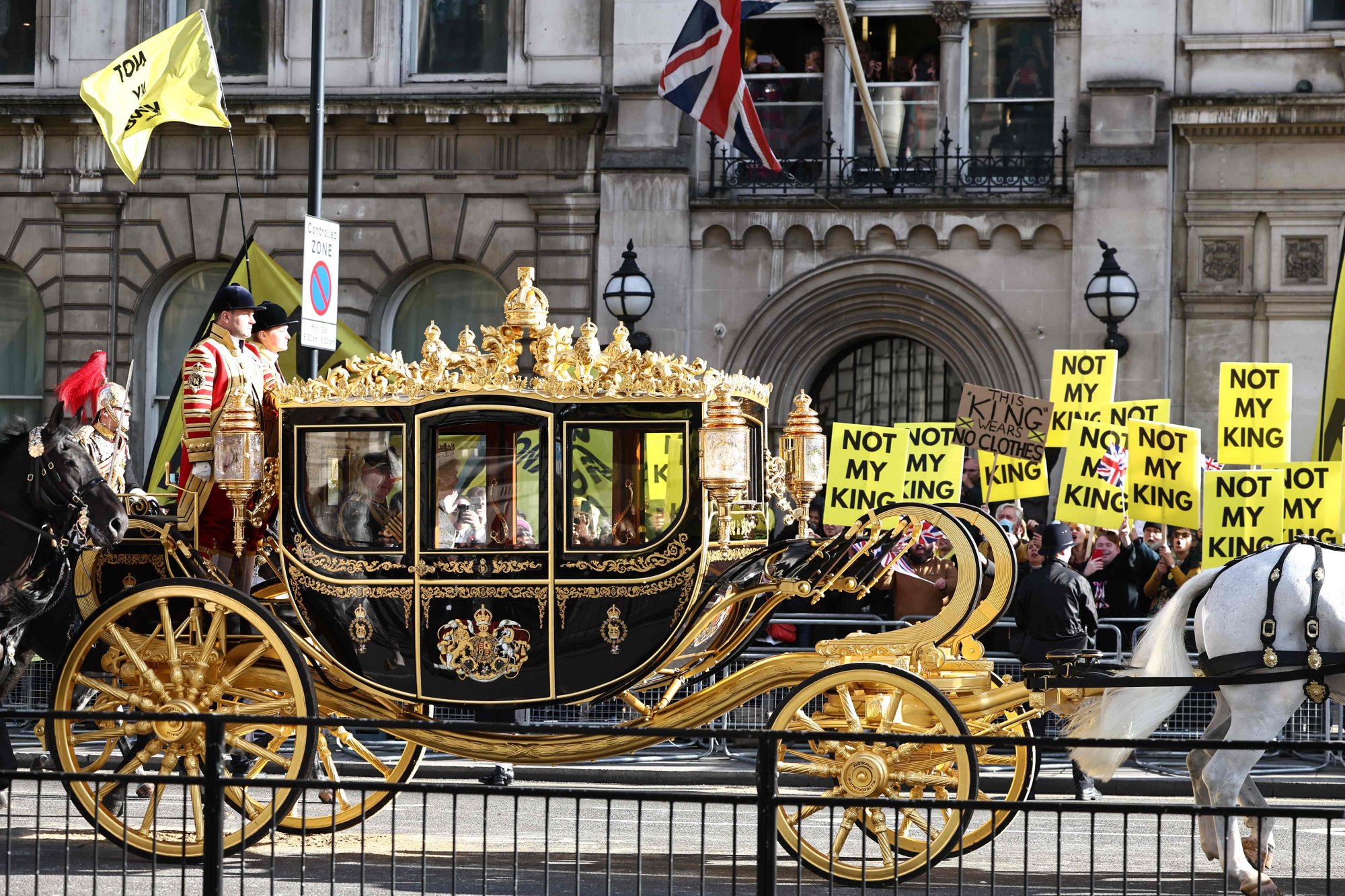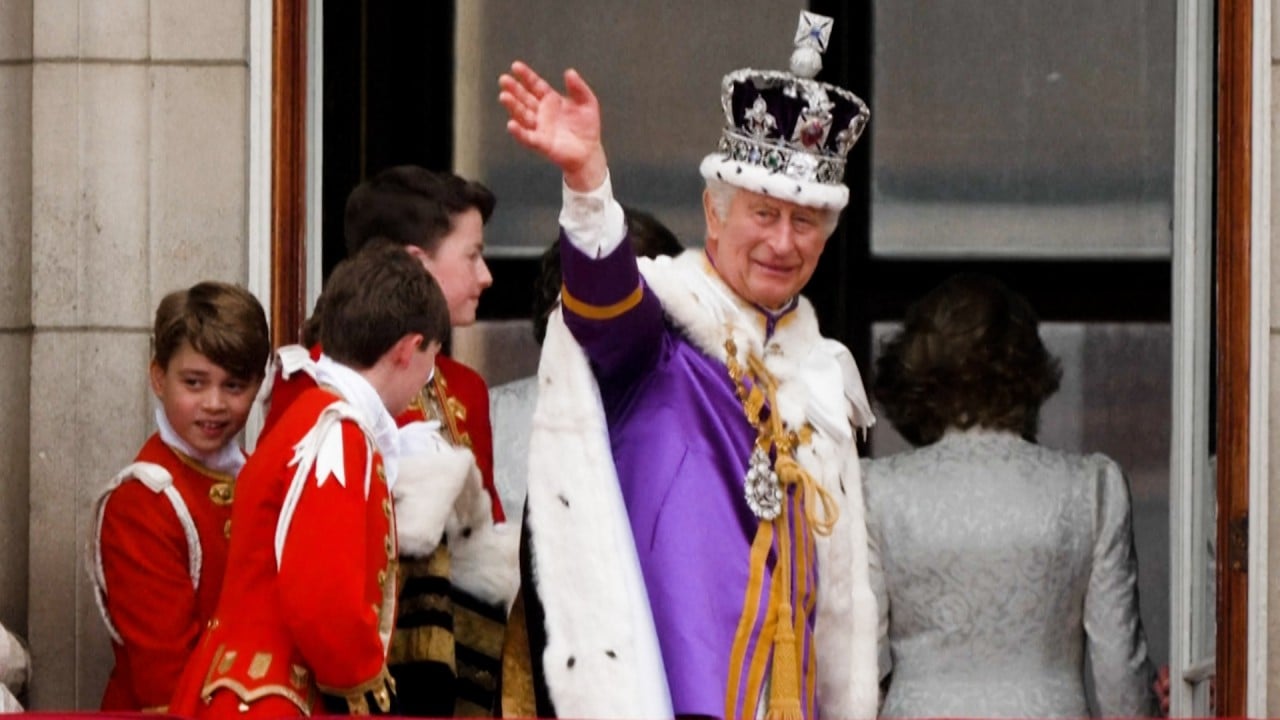Charles III will deliver the first King’s Speech in Britain in seven decades on Tuesday.
Here are some key facts about the ceremonial address that opens a new parliamentary year:
Despite its name, the address is not written by the monarch but by the government which uses it to detail the laws it proposes to make over the coming months.
This year’s is particularly important because it will outline the policies on which Conservative Prime Minister Rishi Sunak plans to fight next year’s expected general election.
Expect plans to toughen sentencing for the most serious offenders, a gradual smoking ban and licences for new oil and gas drilling in the North Sea, among other legislative proposals.
The address usually lasts around 10 minutes depending on the number of laws proposed.
Last time was decades ago
The last King’s Speech took place in 1951 during the reign of George VI.
Charles did, however, give the Queen’s Speech on behalf of his mother, Queen Elizabeth II, in May 2022 while he was still prince.

He will deliver it in royal regalia from the throne in the House of Lords, parliament’s upper chamber.
The speech is part of the state opening of parliament, which starts when royal bodyguards ritually search below the Palace of Westminster for explosives.
This act commemorates the failed attempt by English Catholics to blow up the Protestant King James I and Parliament in 1605.
Another tradition is the ceremonial kidnapping of an MP who is held captive in Buckingham Palace while the monarch attends parliament, to ensure the king’s safe return.
Once Charles has arrived in the House of Lords, an official known as Black Rod summons MPs to the Lords.
The door of the lower chamber House of Commons is traditionally slammed in Black Rod’s face to symbolise parliament’s independence from the monarchy.
Time to debate
About three hours after the speech, MPs gather in the House of Commons to begin six days of debate about what they heard.
They will hear from the prime minister and the leader of the opposition, Keir Starmer.
On the final day of the debate, MPs hold a largely symbolic vote on the motion. The last prime minister to lose the vote was Stanley Baldwin in 1924.


